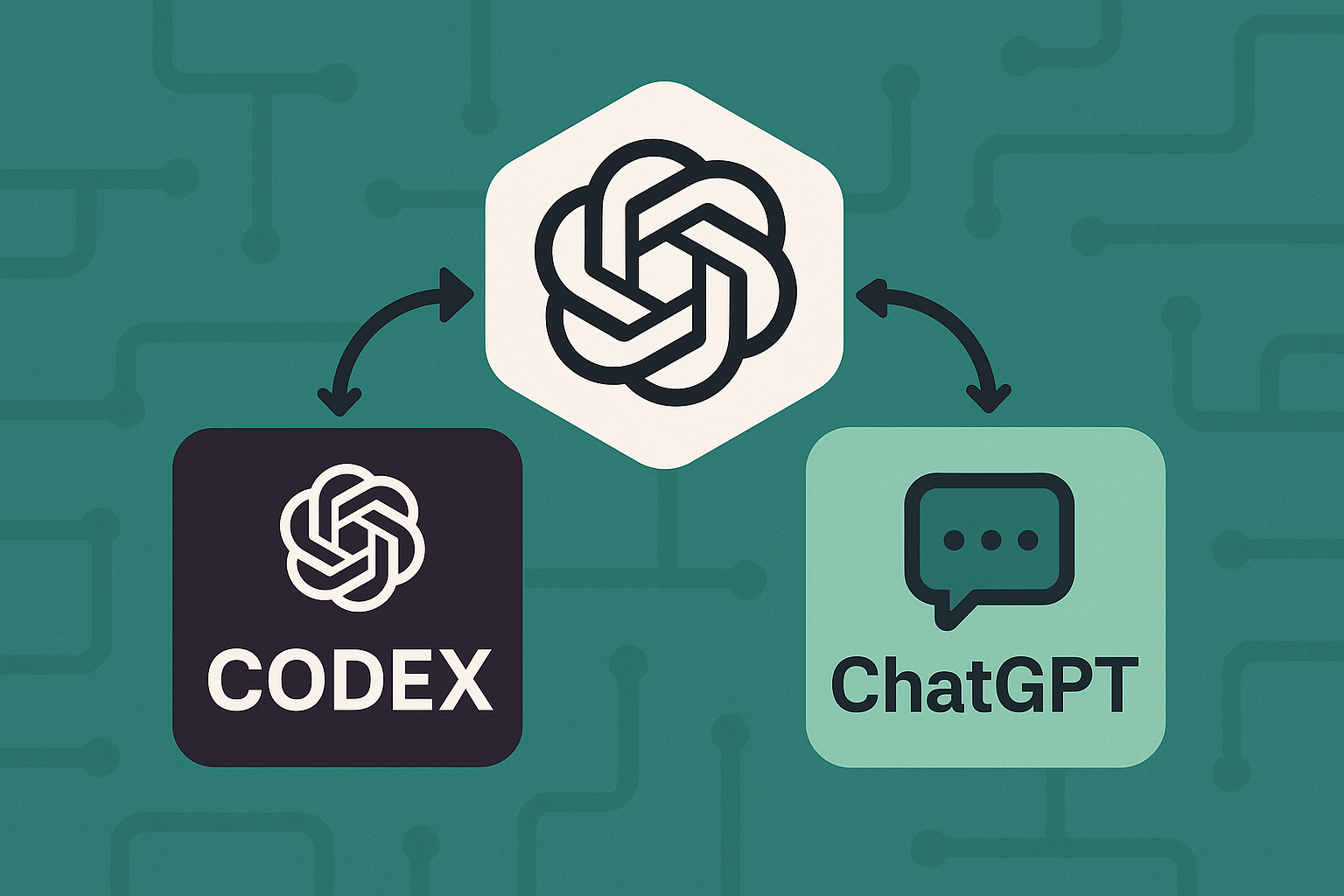Article: When a Digital Service Changes Without Notice, Understanding Your Rights Under UK Law
When a consumer signs up for a digital subscription, such as OpenAI Plus with Codex access, they enter into a legally binding agreement for a service described and advertised at the time of purchase

Introduction
If that service materially changes without notice or consent, the supplier may be in breach of UK law. This article explores how such conduct can violate the Consumer Rights Act 2015 (CRA 2015) and the Consumer Protection from Unfair Trading Regulations 2008 (CPRs), and how both individuals and businesses can assert their rights when faced with such unilateral restrictions.
1. The Consumer Perspective (B2C)
What Happened
A consumer purchased the OpenAI Plus service, which explicitly provided unlimited or unrestricted access to Codex, the code-generation and development assistant integrated into ChatGPT. After regular use, the service began imposing restrictions without any notification: first daily, then weekly, eventually preventing access altogether. No warning email, no clear reason, no opt-out, and no contractual amendment notice was provided.
Such behaviour is not only unethical; it may be illegal under UK consumer law.
Legal Grounds
Consumer Rights Act 2015 (CRA 2015)
The CRA 2015 governs contracts for digital content and online services. Under this Act:
- Digital content must be of satisfactory quality, fit for purpose, and as described.
- A service that is advertised as offering continuous or unlimited access but becomes intermittently unavailable or restricted is not as described and not fit for purpose.
If OpenAI’s Codex access was reduced to a few hours per week without prior agreement, this constitutes a material change in functionality. The service therefore fails to conform to the contract.
Consumer Protection from Unfair Trading Regulations 2008 (CPRs)
These regulations prohibit misleading actions and omissions in the sale or advertising of products and services.
- If the service was promoted as offering unlimited or continuous use, but later limited without disclosure, this is a misleading omission.
- Concealing or failing to disclose material facts that would affect a consumer’s decision to subscribe breaches the CPRs.
Remedies Under the Law
Consumers have a right to:
- Request a remedy such as restoration of full service, a refund, or termination of the contract without penalty.
- Escalate the issue to Trading Standards if the supplier refuses to act.
If the company fails to provide a satisfactory resolution, consumers can seek redress through Alternative Dispute Resolution (ADR) channels or small claims court, citing CRA 2015 and CPR 2008.
2. The Business Perspective (B2B)
Businesses using OpenAI services under a commercial agreement, for example, developers relying on Codex for internal R&D, are also entitled to protection under UK contract law.
Contractual Breach
If a B2B subscription was agreed under terms of unrestricted or continuous access, and the supplier unilaterally imposed limits or suspensions, this is a breach of contract, unless explicitly allowed by a clause in the agreement.
Implied Terms
Even when not stated, English law recognises implied terms, obligations that arise naturally from the nature of the contract or industry practice. Cutting access drastically without notice likely violates the implied term of reasonable performance and cooperation.
Notification & Change Control
Good faith requires that material service changes be notified in advance. If OpenAI introduced significant access restrictions without any notice period or consultation, this may amount to repudiatory breach, entitling the business to terminate the contract and seek compensation for loss of productivity or reliance damages.
3. Templates for Action
Consumer Complaint Letter (Individual)
Subject: Breach of Consumer Rights – Service Restriction without Notice
Dear OpenAI Support Team, support@openai.com
I am writing under my rights afforded by the Consumer Rights Act 2015 and Consumer Protection from Unfair Trading Regulations 2008. My OpenAI Plus subscription previously included unrestricted access to Codex, but that access has since been significantly reduced or suspended without notice.
Under the CRA 2015, digital services must be as described and fit for purpose. This change represents a material reduction in functionality, rendering the service non-conforming to the original contract. Furthermore, failure to notify me of these changes constitutes a misleading omission under the CPR 2008.
I request restoration of full Codex access or an appropriate partial refund. If no satisfactory resolution is received within 14 days, I will escalate this matter to UK Trading Standards and reserve the right to seek further remedies.
Yours faithfully,
[Full Name]
[Email associated with OpenAI account]
[Date]
B2B Contractual Breach Letter (Business)
Subject: Formal Notice of Contractual Breach – Codex Service Restriction
Dear OpenAI Legal Department, legal@openai.com
This letter serves as formal notice that the recent unilateral restrictions placed upon Codex access under our active OpenAI Plus account constitute a breach of contract under UK law. The service was contracted as unrestricted and continuous, forming a core part of our business operations. The subsequent limitations, introduced without notice or amendment agreement, are non-compliant with the implied term of performance and notice under UK contract law.
We request immediate reinstatement of full service or confirmation of contractual termination with full refund for the affected period. Failure to respond within 14 days will result in escalation through formal dispute resolution channels and, if necessary, legal action for damages.
Yours sincerely,
[Company Name]
[Director’s Name]
[Company Number]
[Date]
Final Note
Under UK law, a business cannot silently degrade a paid-for service. Consumers and companies alike are protected against unfair, unilateral restrictions. If you have faced such an issue, act promptly and document all evidence — the law is firmly on your side.
